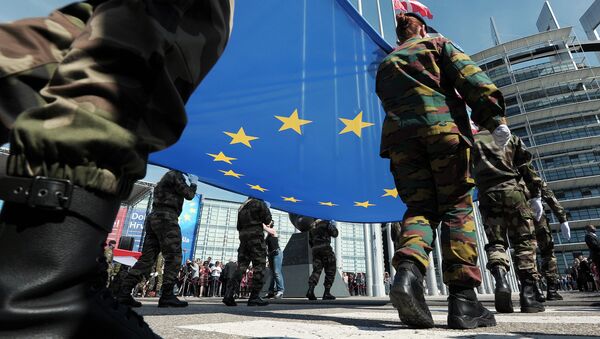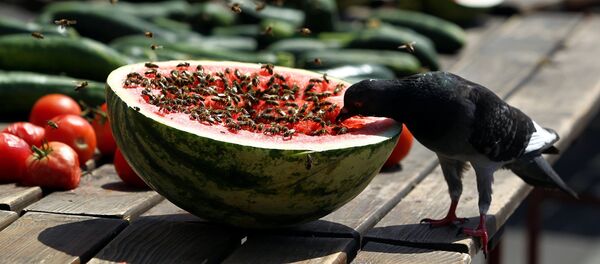"We had been assured that we would make decisions on equal terms at the European table. However when we joined the EU, we only found out that nothing depends on us. The EU makes all the decisions which we are obliged to put into practice in strict compliance with orders from Brussels," Ivan Pernar, Croatian politician and founding member of Human Shield political party, told Sputnik Serbia.
"Our agriculture has virtually died since we joined the EU and our customs duties were removed. The population of the country has shrunk and unemployment has risen," he added.
This all adds up to ordinary Croatians seeing no advantages in EU membership, facing only major disillusions, believes Ivan Pernar.
"If you ask ordinary Croatians what the advantage is of joining the EU, they would answer that the only benefit is for those leaving the country," he said.
The politician further commented that all the above has set up an interesting paradox in his country: on the one hand, it joined Greece, Spain, Cyprus and Italy as sharing the highest unemployment rates in the EU. On the other, it faces a catastrophic lack of highly-qualified workers in almost every sphere of industry.
The thing is, he said, that the EU accession has shut the door for employees of non-EU neighboring Balkan states. For example, for Bosnians, who used to come to work in such industries as tourism and shipbuilding.
The comments of Ivan Pernar come in the wake of the recent article in the local Croatian newspaper Jutarnji Vijesti, which said that even though Croatia has been an EU member state for four years, since its accession in 2013, nobody in the bloc is taking it as an equal partner.
The outlet cites as an example the recent ruling of an arbitration tribunal in The Hague over a decades-old border dispute with Slovenia. It said that much of an area of contested waters between Slovenia and Croatia should be awarded to Ljubljana, giving Slovenia direct access to international waters.
It also mentioned the reluctance of the EU to support Zagreb when it decided to increase the cost of phytosanitary control over the agriculture products from the neighboring regional countries twenty-twofold.




